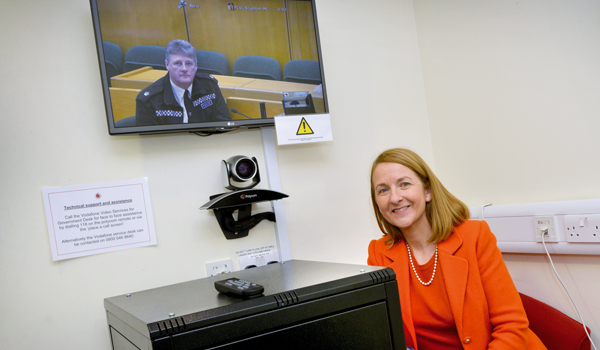Social networking increases burglary risk
Teenagers are being urged to cut back on posting details about their whereabouts on social media networks to minimise the risk of burglaries.

Teenagers are being urged to cut back on posting details about their whereabouts on social media networks to minimise the risk of burglaries.
New research by security firm ADT found that nine in ten young people aged between 16 and 21 share information on social networking sites that could put their family home at risk.
Risky status updates include checking-in, posting photographs when on a family holiday or sharing photographs of expensive gadgets and other purchases.
Assistant Chief Constable Gareth Morgan, national lead on burglary for the Association of Chief Police Officers, said: Social networking has become a part of everyday life. Unfortunately, there are some individuals who use it as a means of gathering information to commit crime.
Users of social networking sites need to be aware of this and use caution when telling people where they are, or posting messages about valuables on their possession or in their homes.
More than half the young people questioned (56 per cent) post their location or movements on social media at least once a week; 81 per cent upload photographs of themselves and friends when out and about; 48 per cent share pictures of new purchases; and 29 per cent highlight locations and places to meet.
Meanwhile, a survey of 50 convicted burglars by Friedland Security, published in its UK Home Security Report, found that over three quarters believed most crooks use social media to find easy properties to target and three quarters said they knew Google Street View was being used to stake out homes before breaking in.
ADTs Mark Shaw said that there has been a lot in the news recently about the UK losing the war on e-crime and social media sites being too laid back about security.
While checking in at the airport might be a great way of letting friends and family know youre off on holiday, youre also informing criminals that the house is empty and an easy target. Teenagers, in particular, have grown up with Facebook tracking their every move and see nothing wrong with sharing information online that youd never dream about passing to a stranger on the street.


